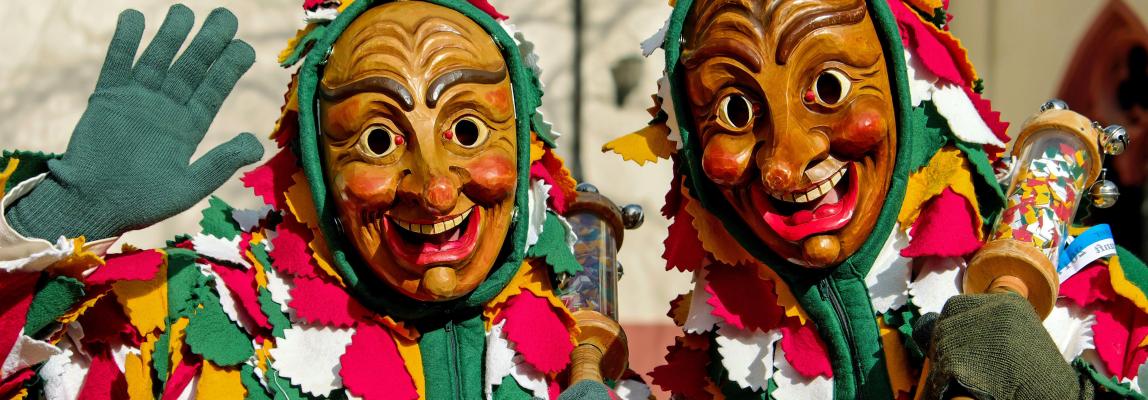
What happens to communities when Carnival disappears?
09/28/2023 - 15:51
Carnival is not just one of the biggest parties in the world, but also an important tool for social inclusion. Celebrating Carnival together allows communities to define their identities, to reaffirm their connection to place and to each other.